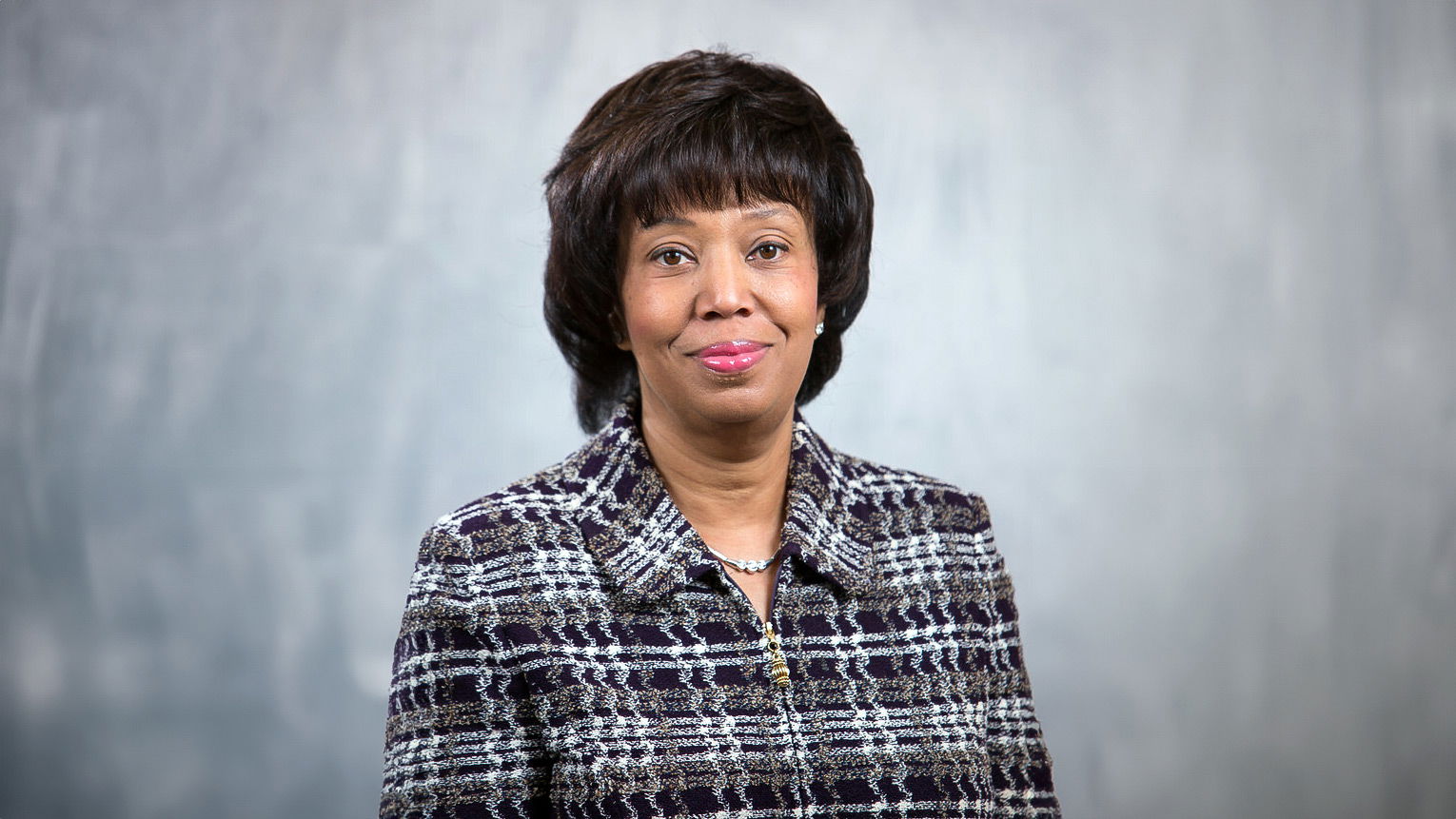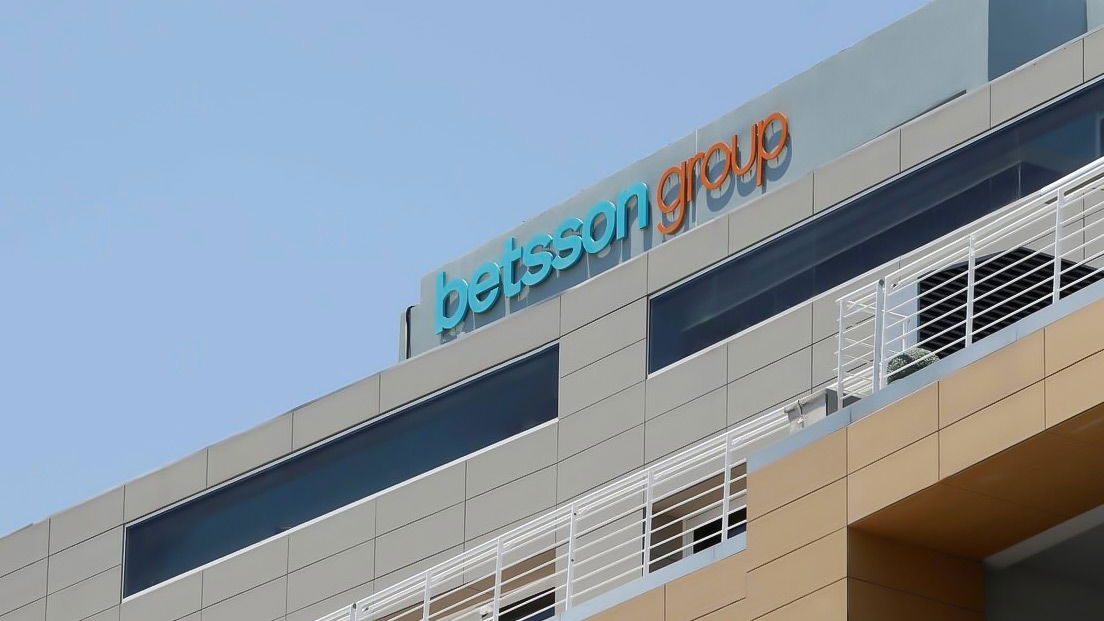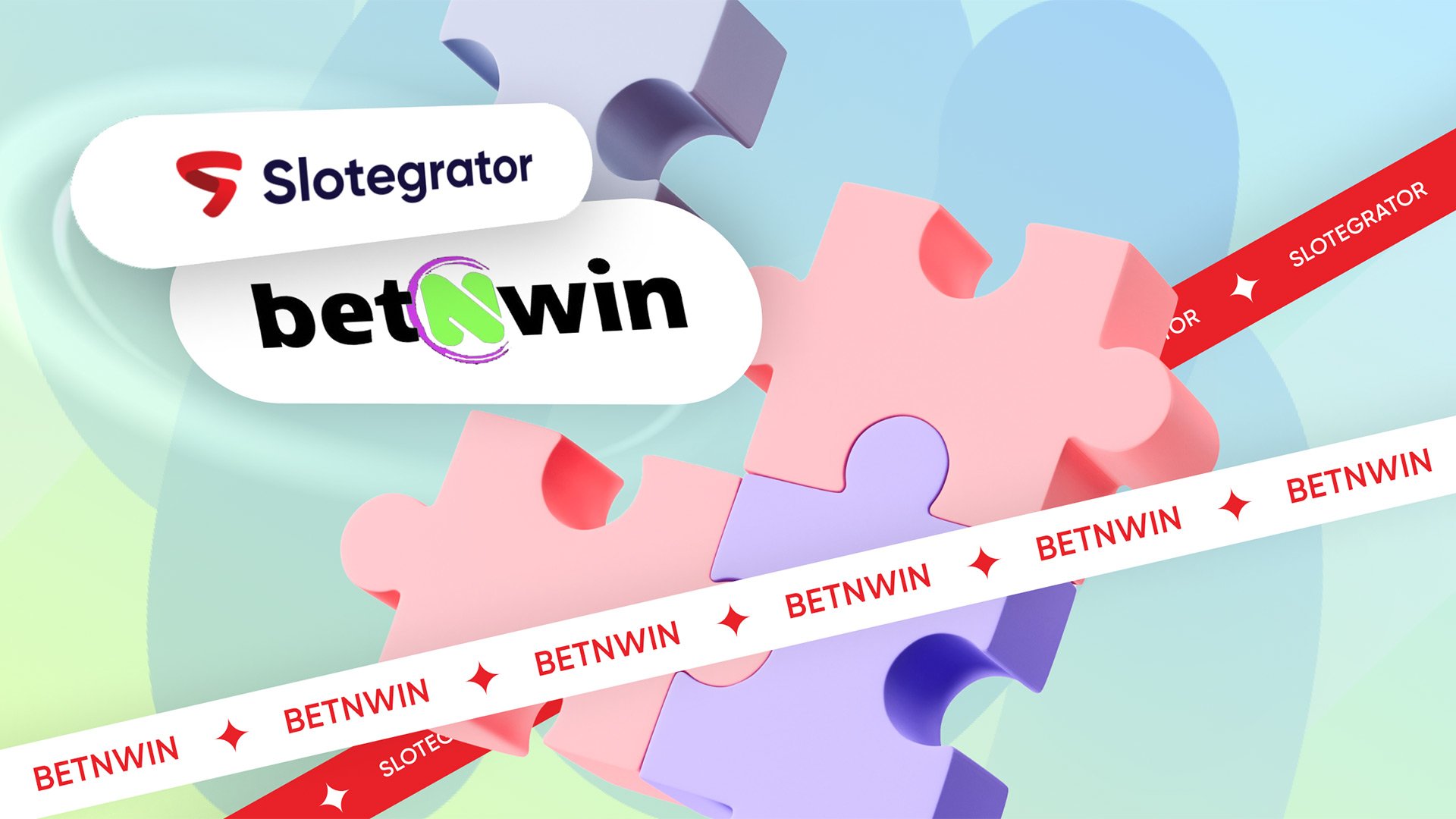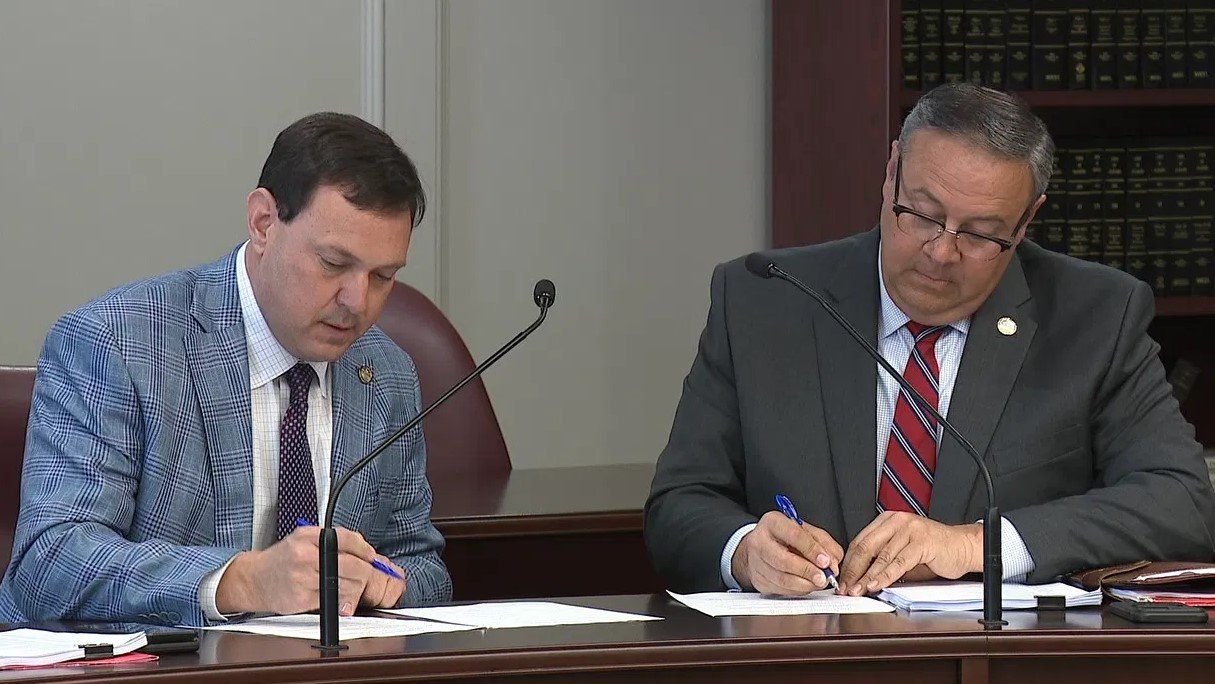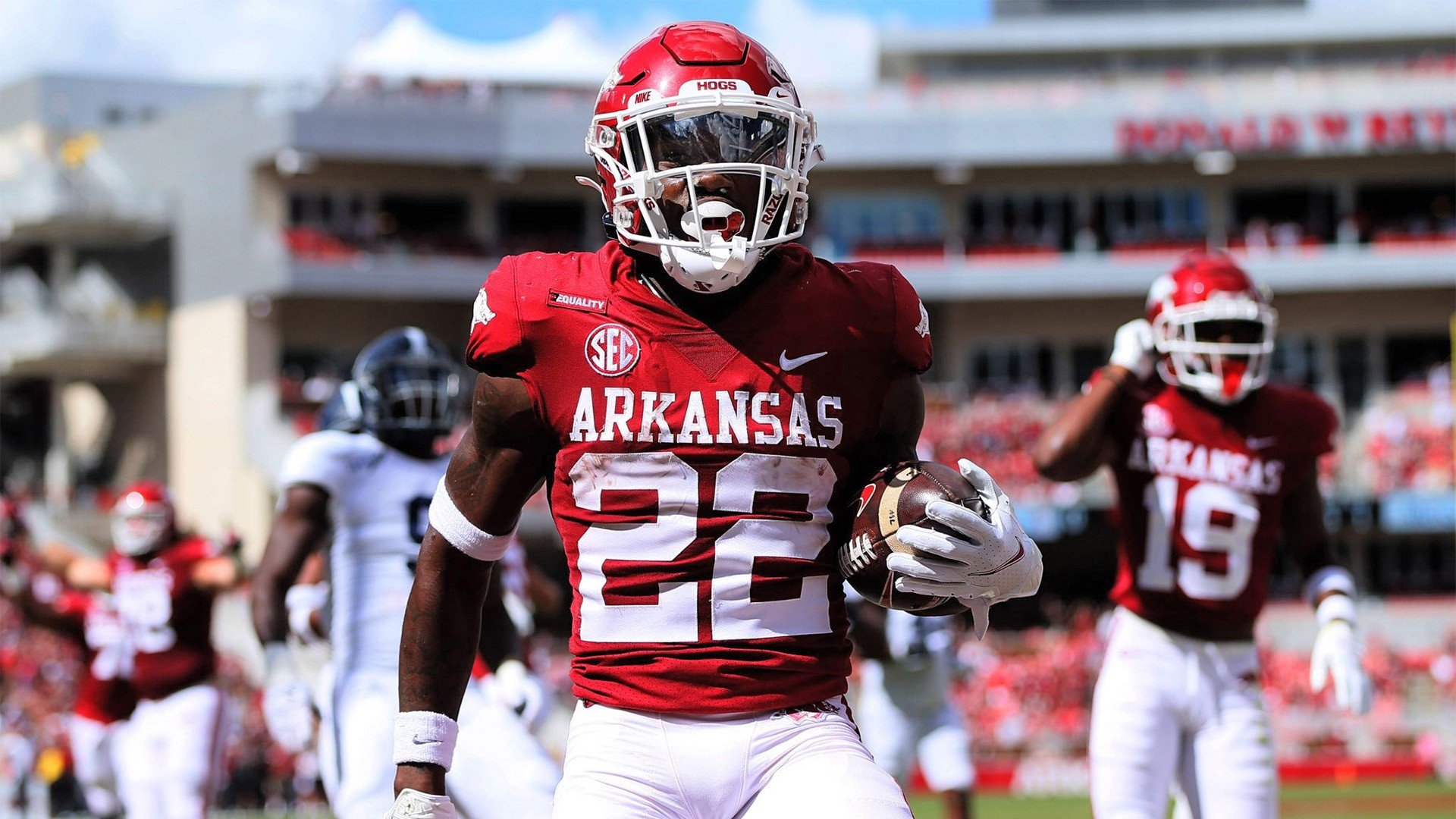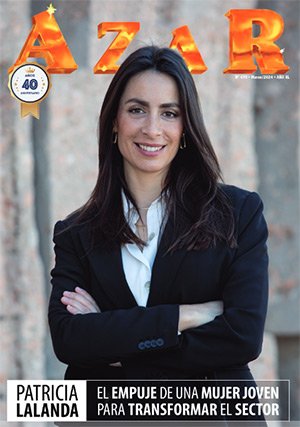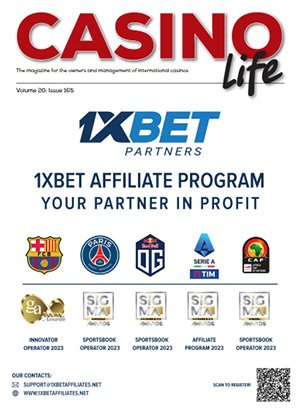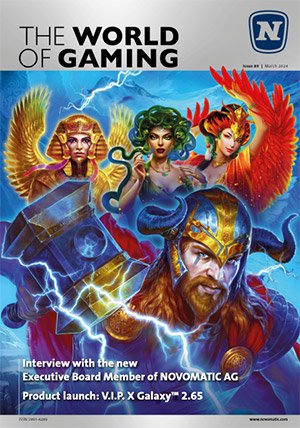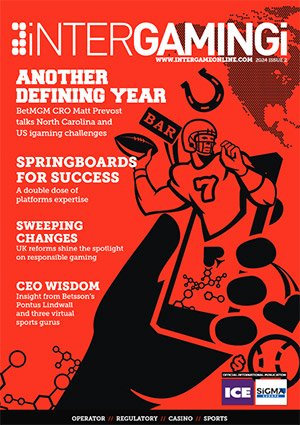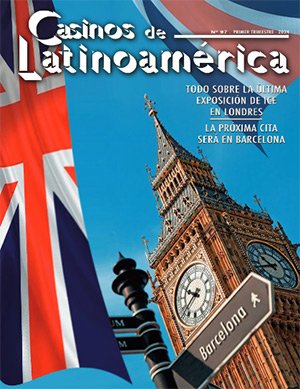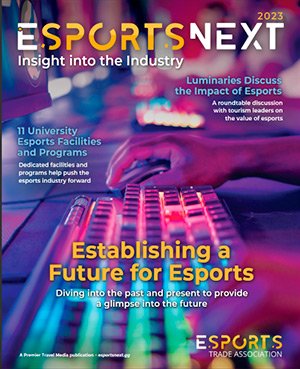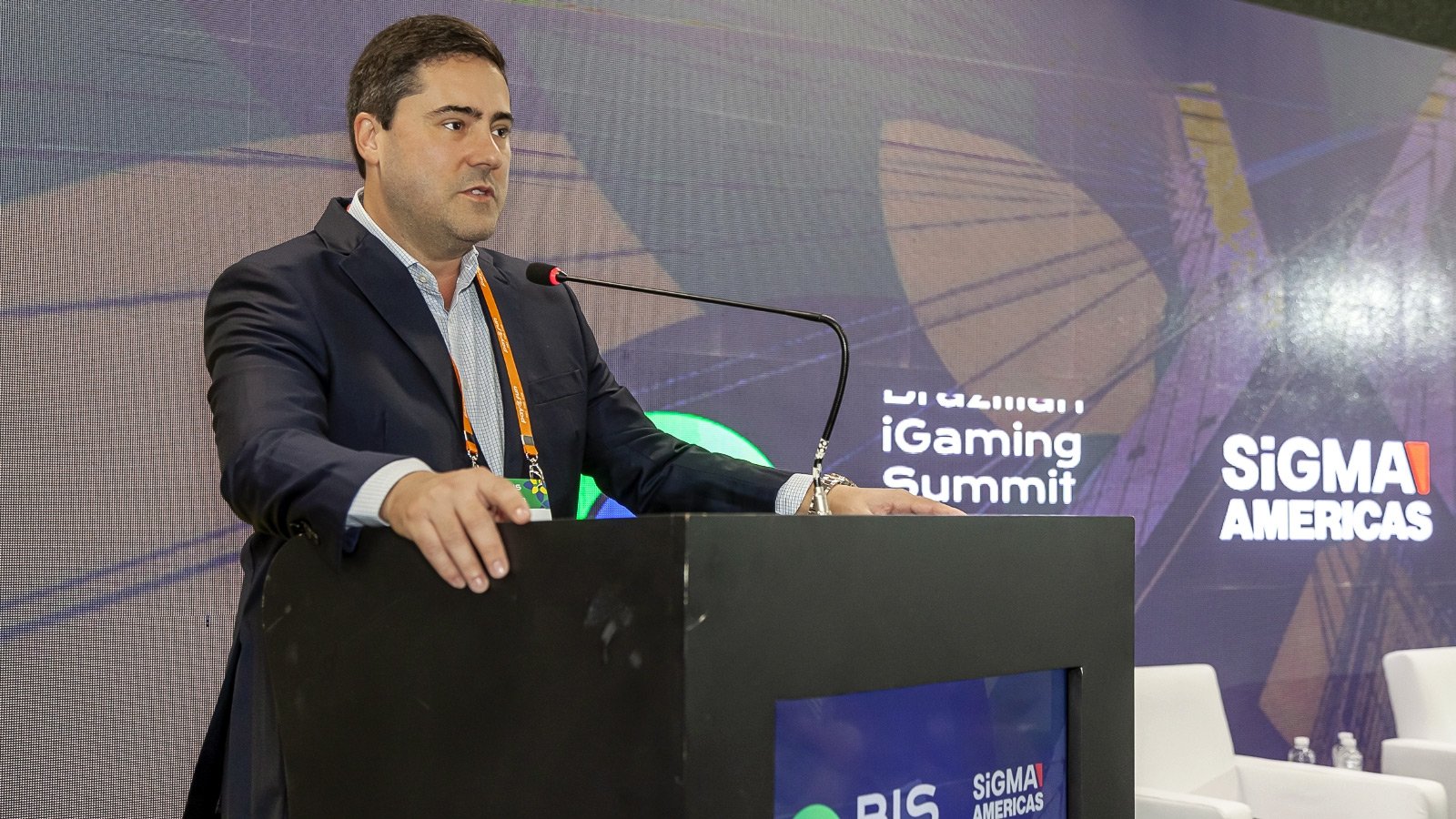U.S. Supreme Court urged to halt Florida's Seminole Tribe sports betting deal
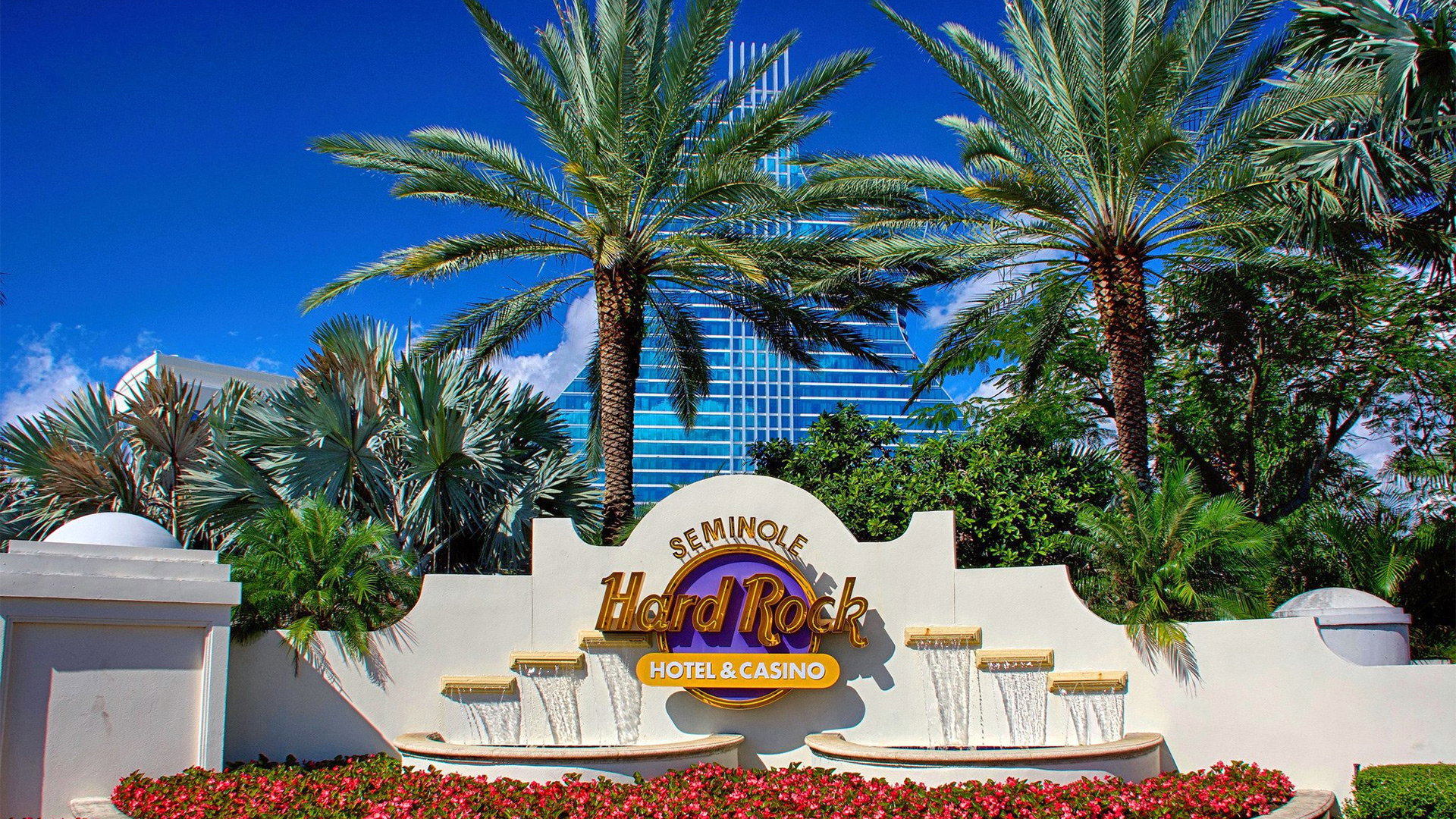
Two pari-mutuel companies have approached the U.S. Supreme Court urging it to intervene in a 2021 agreement that granted the Seminole Tribe control over sports betting in Florida.
West Flagler Associates and Bonita-Fort Myers Corp. have sought Supreme Court review of an appellate court's decision supporting the deal, which could yield a minimum of $2.5 billion for Florida over the next five years, News Service of Florida reported. This agreement is also under legal scrutiny at the Florida Supreme Court.
The federal lawsuit centers on a specific aspect of the 2021 deal, permitting the Seminoles to control sports betting across Florida through mobile apps and electronic devices. The agreement stipulates that bets made through these means are exclusively conducted by the tribe.
U.S. Department of the Interior Secretary Deb Haaland, overseeing tribal gambling, approved the deal, known as a compact. However, West Flagler Associates and Bonita-Fort Myers Corp. contested her decision, arguing that the compact breaches the Indian Gaming Regulatory Act by endorsing gambling beyond tribal lands.
While a federal district judge sided with the tribe in 2021, a three-judge panel of the U.S. Circuit Court of Appeals for the District of Columbia overturned this ruling in June. Following the full appellate court's refusal to reconsider the panel's decision, the companies turned to the Supreme Court.
The companies also argue that the sports betting arrangement with the Seminoles violates a state constitutional amendment mandating voter approval for gambling expansions, a matter currently before the Florida Supreme Court.
In their petition filed at the U.S. Supreme Court, the companies' lawyers contend that federal law does not permit Haaland to approve a compact endorsing gaming beyond Indian lands, a provision the parties say is "clearly" present in the compact in question. They assert that the sports betting component was used as a workaround for state constitutional prohibitions against online sports gambling off tribal lands, creating a monopoly for the tribe.
“This question is exceptionally important not just for the people of Florida, but for the nationwide precedent it will set for other state-tribal compacts if the Court of Appeals’ affirmative answer is left undisturbed — as an end-run not just around state-law prohibitions on gaming off tribal lands, but also around Congress’ limitation of (the Indian Gaming Regulatory Act’s) federal imprimatur to gambling on tribal lands,” Hamish Hume, an attorney with the Boies Schiller Flexner firm, wrote, as per the report.
Referring to U.S. District Judge Dabney Friedrich's November 2021 ruling, which labeled the sports betting plan a "fiction" and nullified other parts of the agreement, the companies' lawyers argue that the appellate court's decision to overturn Friedrich's call “allows Florida and the tribe to have their cake and eat it too."
The petition urges federal justices to rectify what the companies perceive as an error in affirming Haaland's approval of the compact, emphasizing the importance of the case for "the future of online gaming across the country."
In September, the companies petitioned the Florida Supreme Court alleging that the compact violates the 2018 constitutional amendment requiring voter approval for casino-style gaming expansions. Despite asserting an urgent situation, the state Supreme Court declined to expedite the case in November.
Governor Ron DeSantis negotiated the compact with the tribe, and the Legislature ratified the deal. Lawyers for DeSantis and legislative leaders have urged the state Supreme Court to reject the challenge. In a December brief, they argued that sports betting does not qualify as "casino gambling" according to the Florida Constitution.
Meanwhile, West Flagler Associates and Bonita-Fort Myers Corp. argue that the Seminoles' sports betting operations will negatively impact their revenue. West Flagler holds three jai alai licenses and Bonita-Fort Myers Corp. does business as Bonita Springs Poker Room in Southwest Florida
Under the three-decade compact, the Seminoles agreed to pay Florida approximately $20 billion, including $2.5 billion over the initial five years. The agreement also authorized the Seminoles to offer craps and roulette at their casinos, add three casinos on tribal property in Broward County, and allowed pari-mutuels to partner with the Seminoles and share revenue from sports betting.
The tribe launched a sports betting app in November, introduced craps and roulette in December, and paid nearly $57.8 million to the state in its first monthly payment on January 18. Monthly payments will fluctuate as the tribe and the state determine the revenue-sharing calculation for the year.




